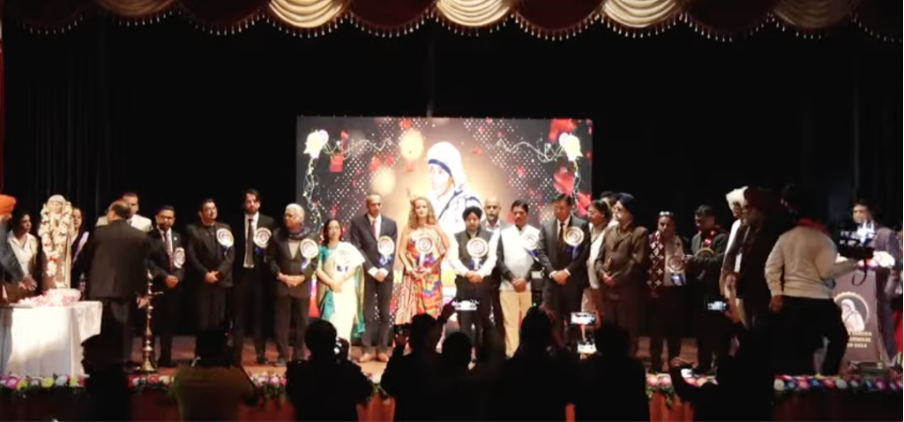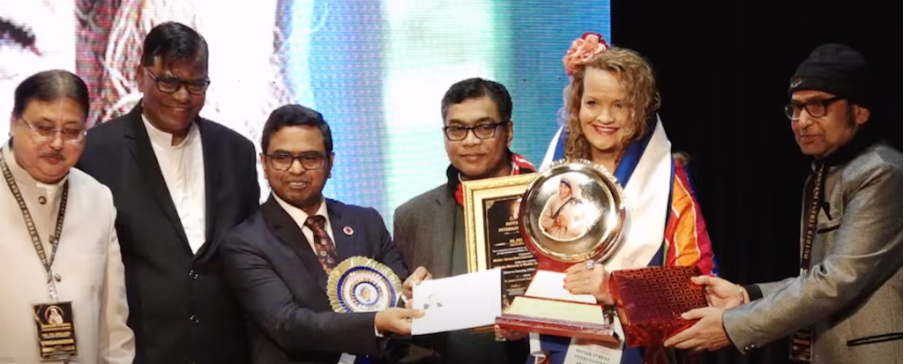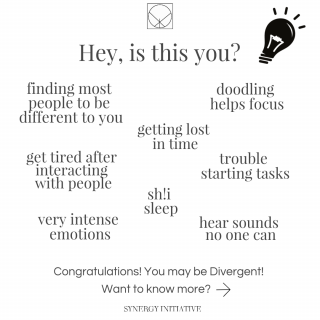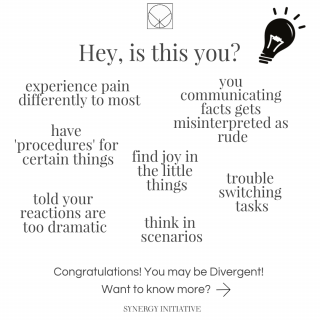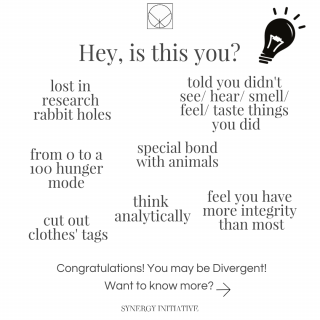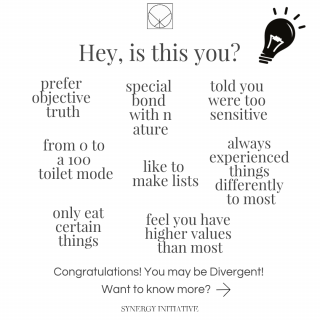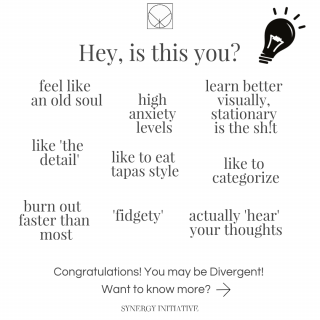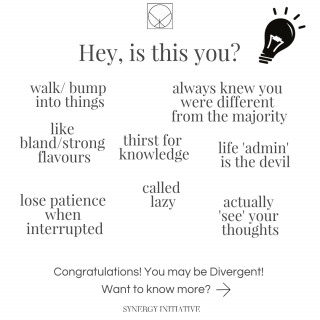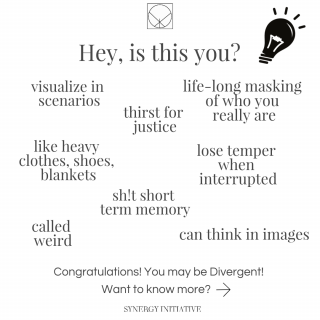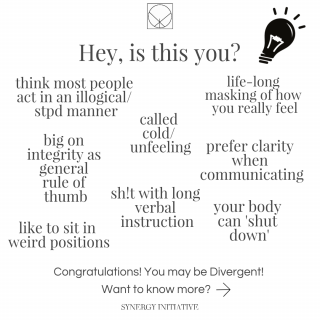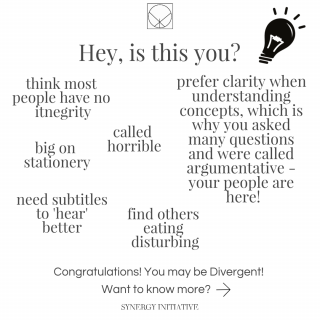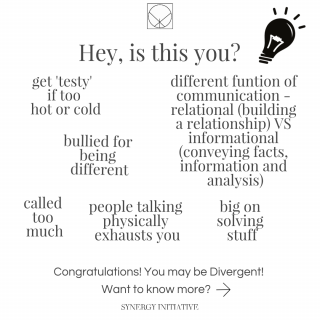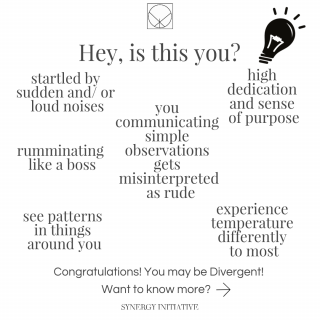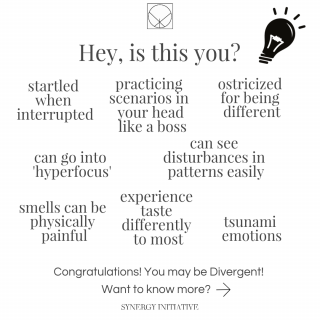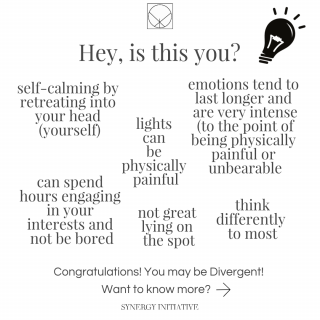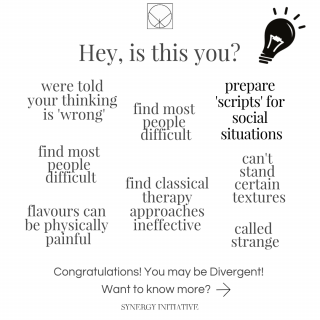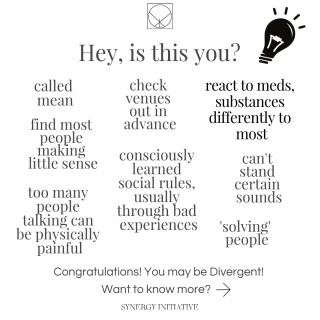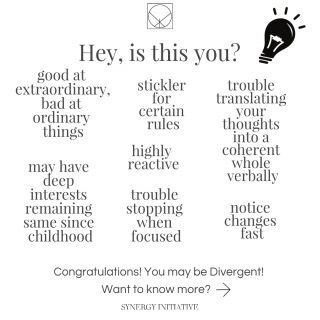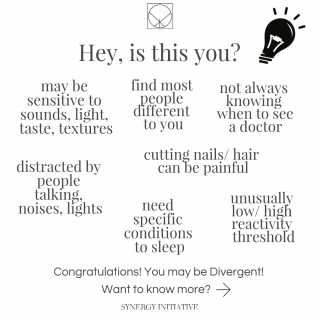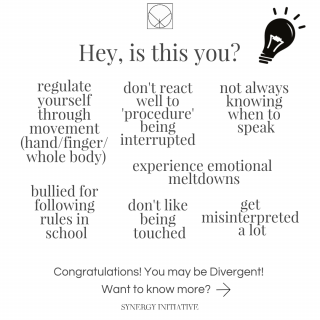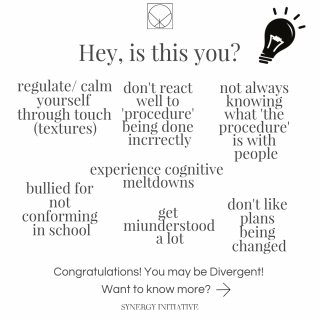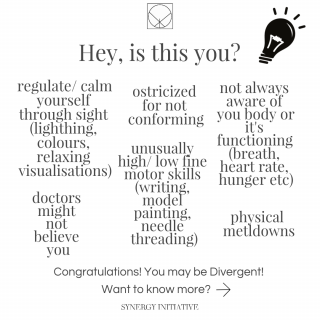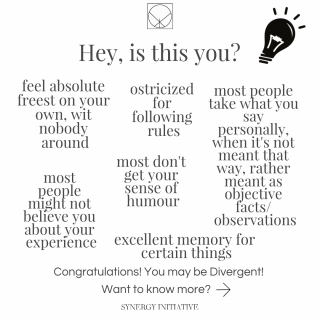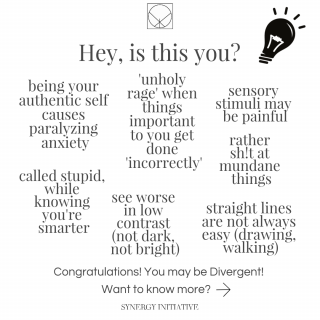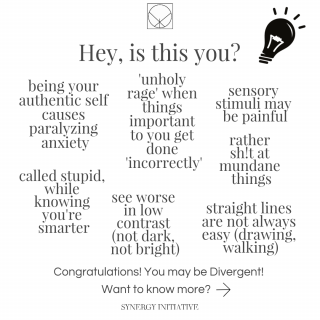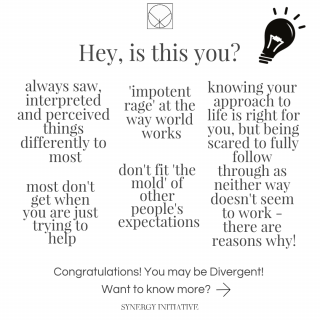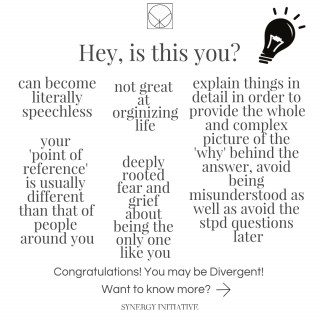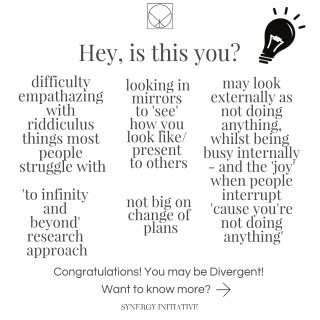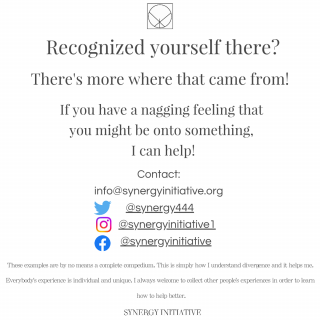Embracing Neurodiversity: A Humanistic Approach to Inclusive Advocacy
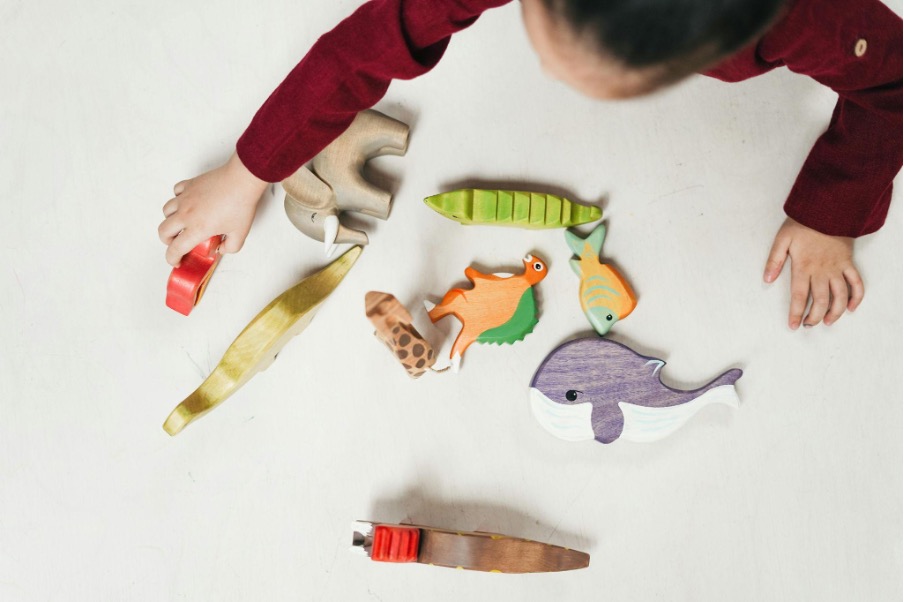 As we approach the upcoming International Neurodiversity Week, I'm thrilled to share a significant milestone in my journey – I was recently invited to Kolkata to receive an award from the "Mother Teresa International Committee 2024" for my international work in social projects serving neuro minorities. This accolade holds profound personal significance, rooted in my own neurodivergent experiences and fueled by a commitment to fostering inclusivity.
As we approach the upcoming International Neurodiversity Week, I'm thrilled to share a significant milestone in my journey – I was recently invited to Kolkata to receive an award from the "Mother Teresa International Committee 2024" for my international work in social projects serving neuro minorities. This accolade holds profound personal significance, rooted in my own neurodivergent experiences and fueled by a commitment to fostering inclusivity.
Understanding Neurodiversity
Neurodiversity refers to a world where neurological differences are recognised and respected as all other human variations. Depending on how our brains are wired, we think, move, process information, and communicate in different ways. People in our community sometimes use neurodiversity as an umbrella term to describe alternative thinking styles such as Dyslexia, Dyspraxia, Dysgraphia, Dyscalculia, Autism, and ADHD. Regardless of labels, neurodiversity is about recognising those who think differently, benefitting every family, organisation, and friend group with different thinkers.
School Settings
The traditional school environment may not be an ideal place for neurodivergent learners to use and showcase their unique strengths and talents. Schools mostly focus on skills neurodivergent learners find difficult and may not naturally excel at, such as reading, writing, and spelling. This approach can be overwhelming and frustrating, affecting the self-esteem of neurodivergent students. The IB Primary Years Programme (PYP) embraces inclusive learning styles by recognizing and valuing the diverse strengths, backgrounds, and learning needs of all students. My counselling work in International Schools enables this.
A Journey Towards Inclusivity
Since 2003 I have been working with and in association with International schools I have met and collaborated with some amazing individuals and communities embarking on a journey of neuroinclusivity. Through avenues like play counselling sessions and mini neuroscience workshops, we've sought to empower our learners and their allies, fostering understanding and advocacy for neurodiversity. The main goal is to promote kindness respect, inclusion, and accessibility for everyone.
Advocacy Beyond the School Walls
My advocacy extends beyond the confines of our school, reaching into diverse communities. I’ve brought neuroinclusive play therapies to various settings, including prison settings, refugee resettlement projects, children centres, hospitals, domestic worker refuges, and migrant worker communities. I've witnessed firsthand the transformative power of inclusivity in fostering resilience and empowerment.
Celebrating Neurodiversity
Neurodiversity Celebration Week is not only about recognizing hard work, resilience, and determination but also about reaffirming our commitment to creating a world where everyone, regardless of neurotype, feels valued, understood, and empowered.
As we celebrate this milestone and embrace Neurodiversity Week, let's remember that neurodiversity is not just a concept; it's a call to action – a commitment to creating a world where everyone thrives. Let's continue to advocate for inclusivity, understanding, and support for all individuals, regardless of their neurological differences.
Emmeline
Here's a brief description of the terms to know:
- Neurodiversity: Refers to the diversity of human brains and neurological traits, recognising that each individual may think, learn, and communicate differently.
- Neurodivergent: Describes individuals whose neurological development and functioning differ from what is considered typical or neurotypical.
- Neuro Inclusive: Involves practices, environments, and policies that accommodate and embrace neurodiversity, ensuring that individuals with diverse neurological characteristics are valued and included.
- Neuroinclusive therapies: Therapeutic approaches and interventions designed to support individuals with neurodiverse traits, focusing on inclusivity, understanding, and empowerment.
